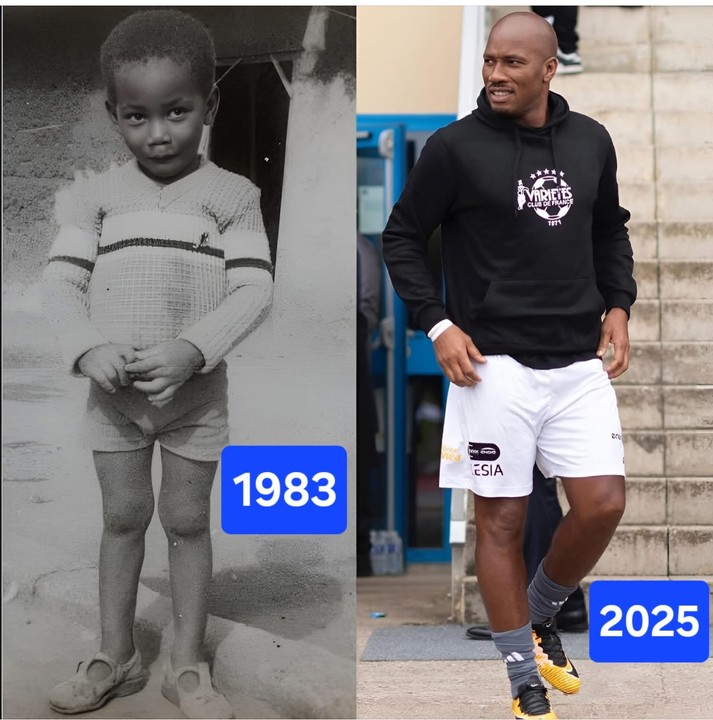Her Name Was on the Land Documents… But the Court Declared Her Husband The owner of The Land
She had the Certificate of Occupancy in her name.She believed the land in Abuja was hers.But when the marriage ended, the court said, “No, it belongs to him.”
This is not fiction. It happened in the real case of Madu v. Madu [2002] 13 NWLR (Pt. 783) 231.
Here’s what you should know:
Grace Madu and her husband had a customary marriage. She applied for land, and the allocation was made in her name. But when things fell apart and she took the matter to court, claiming the land as hers…
She lost. Why? Because the court discovered:
The husband paid for the land.
He processed the allocation.
He collected the certificate.
He developed the property and rented it out.
She couldn’t prove any financial contribution.
The court applied the principle of resulting trust (A resulting trust happens when one person pays for a property but puts it in another person’s name, and the law assumes it wasn’t a gift. So, the person holding the title is just keeping it in trust for the real owner.), saying the name on the Certificate of Occupancy doesn’t automatically mean ownership, especially when someone else bore the financial burden.
What You Must Learn from This:
1. Your name on the document doesn’t guarantee ownership.Equity may favor the person who paid, not the person named.
2. Always document your contributions.If you helped pay for a property, protect your interest legally. Don’t rely on love or promises.
3. Understand resulting trust.If you’re only the ‘name’ on the land, and not the person who paid, you may be holding it in trust.
Too many women lose everything when marriages fail. Not because they did anything wrong, but because they didn’t understand the legal consequences of ownership and documentation.
Don’t wait for heartbreak before protecting your rights.
I am Ebelechukwu Aroh-Nwoka, your family and property lawyer. I help you use the law to protect what matters most.
Friends, have you ever contributed to a property that wasn’t in your name? What happened? Share your experience, someone needs to learn from it.
NB:
This post is strictly for educational purposes and not a legal advice. For legal advice, kindly book a consultation.




